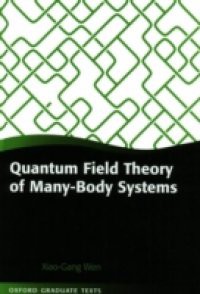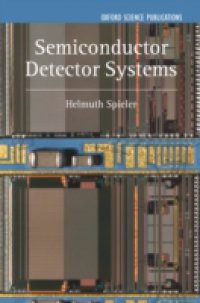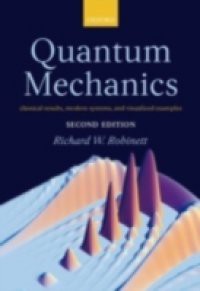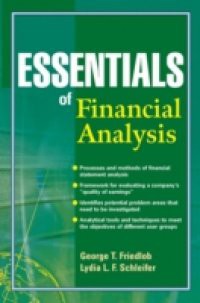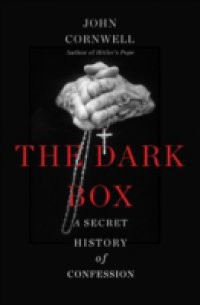For most of the last century, condensed matter physics has been dominated by band theory and Landau's symmetry breaking theory. In the last twenty years, however, there has been the emergence of a new paradigm associated with fractionalisation, topological order, emergent gauge bosons and fermions, and string condensation. These new physical concepts are so fundamental that they may even influence our understanding of the origin of light and fermions in the universe. This book is a pedagogical and systematic introduction to the new concepts and quantum field theoretical methods (which have fuelled the rapid developments) in condensed matter physics. It discusses many basic notions in theoretical physics which underlie physical phenomena in nature. Topics coveredare dissipative quantum systems, boson condensation, symmetry breaking and gapless excitations, phase transitions, Fermi liquids, spin density wave states, Fermi and fractional statistics, quantum Hall effects, topological and quantum order, spin liquids, and string condensation. Methods covered are the path integral, Green's functions, mean-field theory, effective theory, renormalization group, bosonization in one- and higher dimensions, non-linear sigma-model, quantum gauge theory, dualities,slave-boson theory, and exactly soluble models beyond one-dimension. This book is aimed at teaching graduate students and bringing them to the frontiers of research in condensed matter physics.
